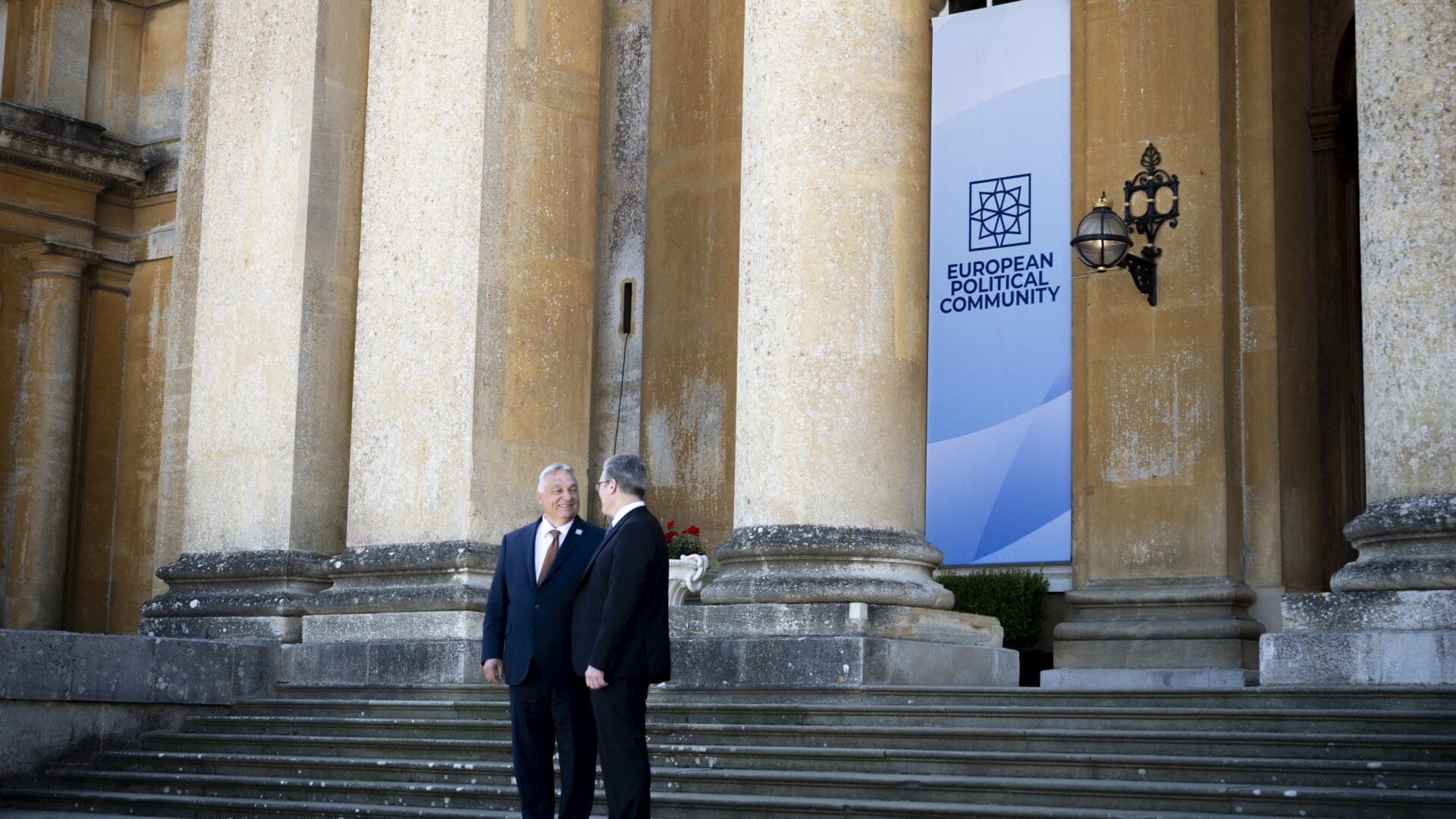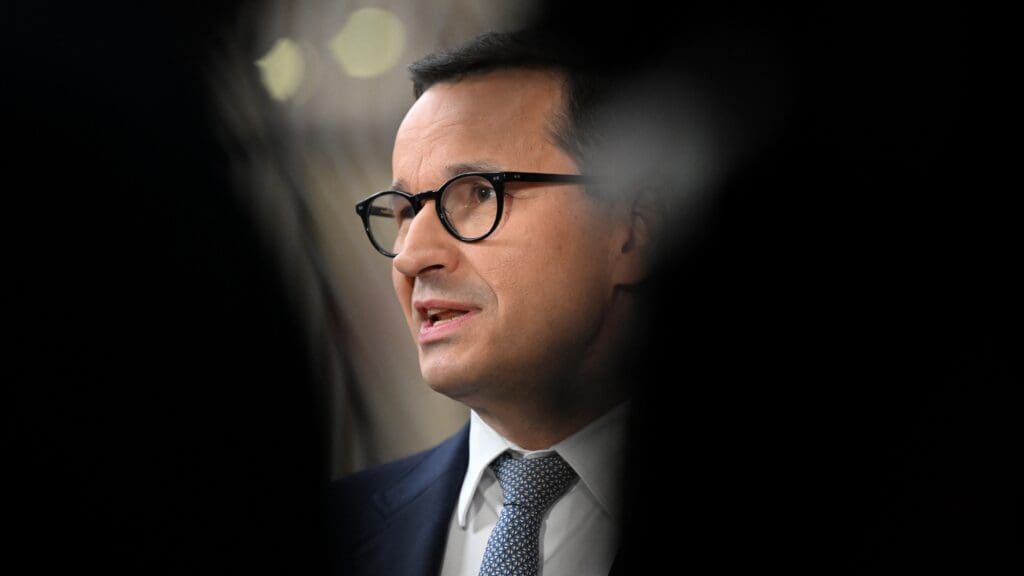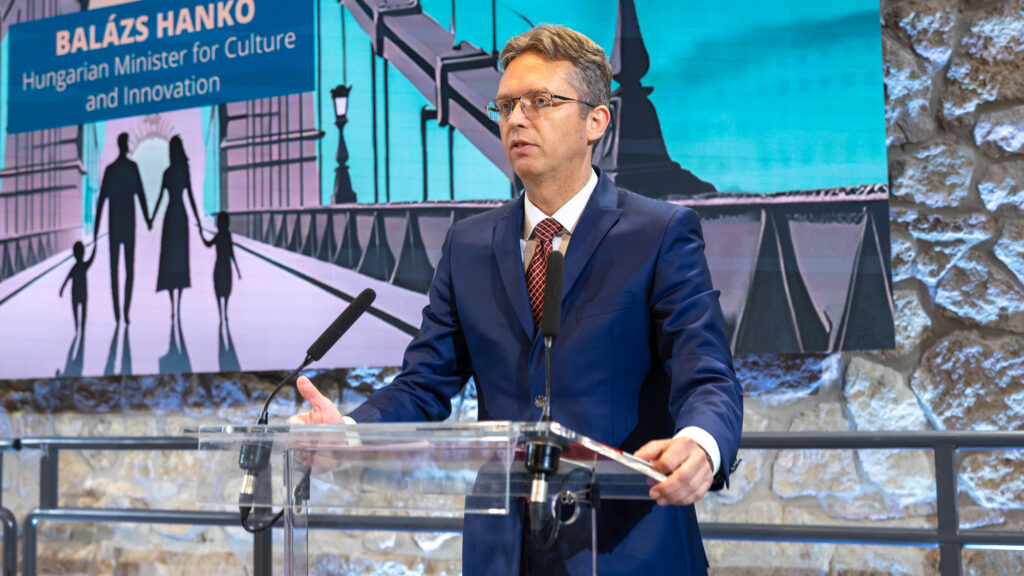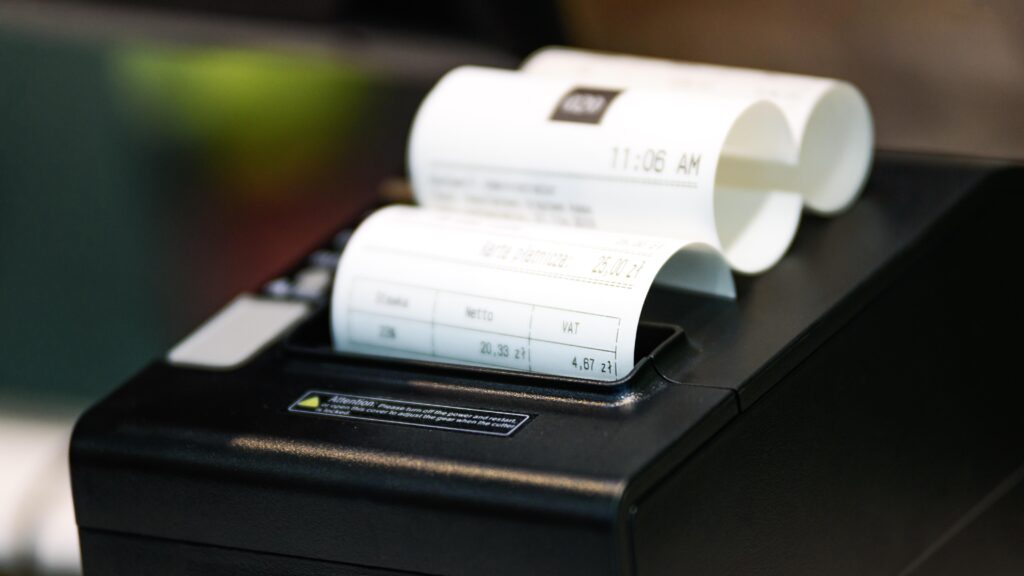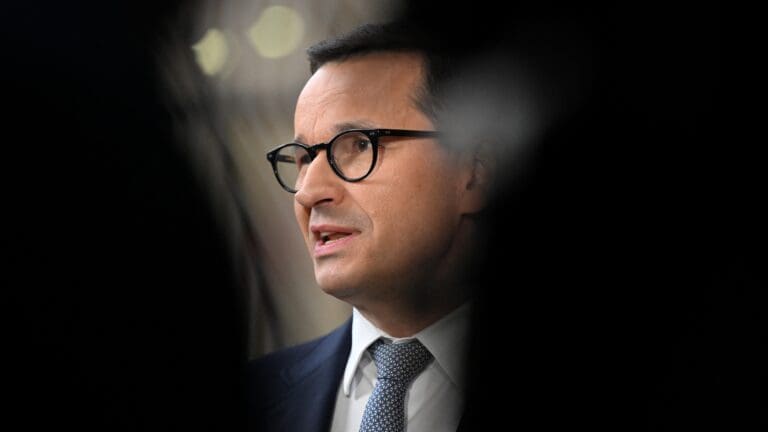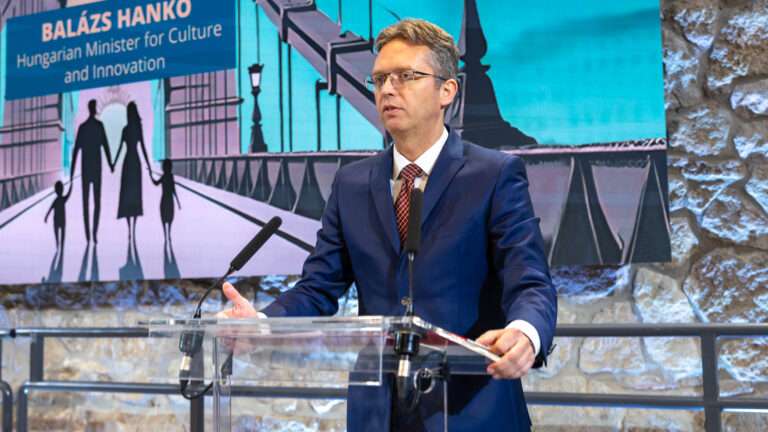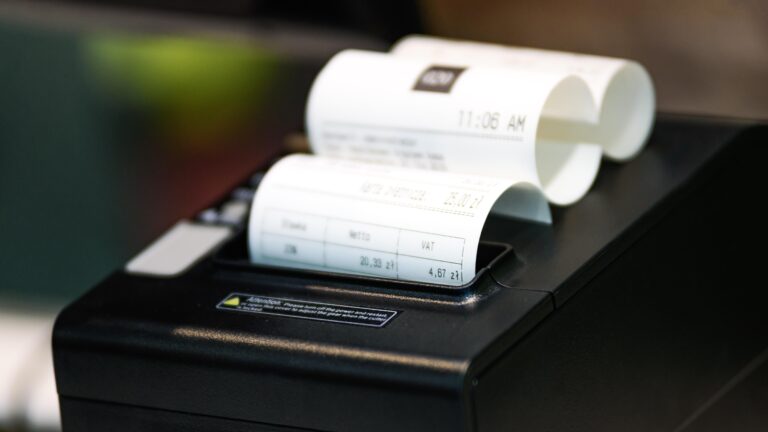The next summit of the European Political Community (EPC) will be hosted by Hungary, announced British Prime Minister Sir Keir Starmer at the closing press conference of the EPC summit held in England on Thursday.
The establishment of the European Political Community was proposed by the Emmanuel Macron at the Conference on the Future of Europe on 9 May 2022 after the Russian invasion of Ukraine, when Macron was the President of the Council of the European Union (EU). On 23–24 June 2022 the formation of the community was agreed to at a meeting of the European Council. The UK announced in September 2022 that it would also participate in the community.
The one-day EPC summit, held at Blenheim Palace, the former home of the late British Prime Minister Sir Winston Churchill, located a hundred kilometres northwest of London, was attended by representatives from 46 countries. The two main topics of discussion were further support for Ukraine and joint efforts against illegal immigration.
At the press conference following the meeting, Starmer stated that there was consensus on addressing illegal immigration at its source. In this spirit, London is launching a £84 million (39 billion HUF) humanitarian programme in Africa and the Middle East.
The British Prime Minister also announced that the next EPC summits will be held in Hungary this year,
and in Albania and Denmark next year.
Speaking about the Thursday EPC meeting in England, Starmer said that Ukraine is fighting not only for its own people, but also for the European people, for freedom, democracy, and the rule of law. ‘Therefore, our security begins in Ukraine,’ said the Labour Party Prime Minister. He stated that based on this, the participants of the EPC summit once again pledged to continue supporting Ukraine as long as necessary to President Volodymyr Zelenskyy, who was present at the event.
According to Keir Starmer, a decision was also made to deepen the United Kingdom’s cooperation with the European Union in the areas of defence, security, and illegal immigration.
He said: ‘When I was the Director of Public Prosecutions for England and Wales, I personally witnessed that cross-border cooperation enables the dismantling of terrorist organizations and holding terrorists accountable. I simply refuse to accept that the same cannot be done against organized crime based on migration.’ He added that the Labour government, formed after the parliamentary elections in the UK two weeks ago, ‘will not spend taxpayers’ money on deceptive ideas’. Keir Starmer was referring to the fact that one of the Labour cabinet’s first measures was to cancel the plan initiated by the previous Conservative government to relocate asylum seekers arriving illegally in the UK to Rwanda. This programme was based on an interstate agreement made in 2022 by the then Conservative government led by Boris Johnson with the Central African country, but due to legal and parliamentary battles, the relocations did not start by the 4 July parliamentary elections in the UK, in which the Conservative Party suffered a heavy defeat. Sir Keir Starmer announced on his first working day that his government would redirect the funds intended for the Rwandan programme to establish a new border security command, focusing on combating human traffickers using counter-terrorism methods.
At the closing press conference of the EPC summit on Thursday, the British Prime Minister said that
consensus was also reached at the event that actions against illegal immigration should focus on human smuggling gangs.
When asked whether he was concerned about the ‘outspoken criticisms’ of Western support for Ukraine by US Republican vice-presidential candidate JD Vance, Keir Starmer replied that he did not wish to ‘prejudge’ the outcome of the US presidential election, but whoever wins the November election, allied countries will continue to cooperate with them. He added that the special UK-US relationship has been forged under very difficult circumstances and has endured for a very long time.
Responding to a question as to whether the UK would be willing to ‘hold a nuclear shield over Europe’ if the ‘NATO-sceptic’ Donald Trump wins the US presidential election, Keir Starmer stated that the Labour government is committed to maintaining the UK’s independent nuclear deterrent capacity, and ‘precisely because of the nuclear element of its defence capacity’ the UK already uniquely contributes to Europe’s security.
Related articles:

